Essays

Spilling the Genes
The news in March that 23andMe had filed for bankruptcy sent customers scrambling to delete their DNA data. Having written about true crime, I already understood that DNA reveals much more than just our genetic material. But I never envisioned it upending my own family’s story.
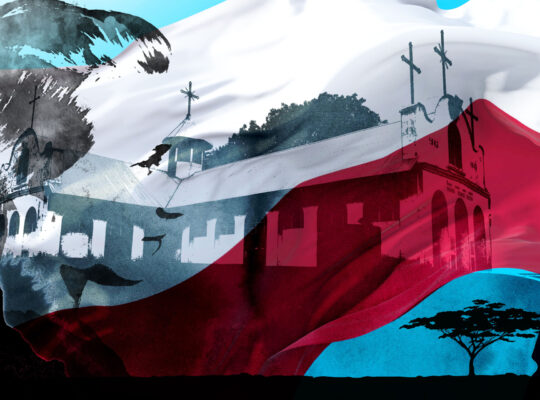
From Poland to Uganda
During World War II, thousands of Polish refugees, mostly women and children, were displaced by Soviet and Nazi aggression. Many ended up in British territories, including Uganda, where they settled in remote camps, facing hardship but also benefiting from racial hierarchy.
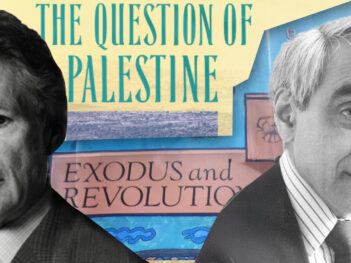
The Long Shadow of the Debate Between Edward Said and Michael Walzer
Revisiting the intellectual confrontation between the literary theorist Edward Said and the political philosopher Michael Walzer today illuminates the ways liberal Zionism both invests in, and disavows, its ethno-religious fantasies.

Tracing My Grandfather’s Past Took Me to the Violent Heart of the British Empire
I was caught off guard when a relative asked me if I knew that my grandfather was a hero during the Mau Mau uprising, infiltrating enemy gangs, sometimes in blackface. Investigating further was a source of shame, but felt like an opportunity to draw a line between us.
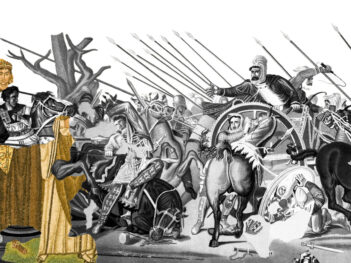
Overcoming the Deep Roots of Byzantine Orientalism
Western writers have hesitated for centuries — over a millennium even — to call Byzantium what it was: the Roman Empire. The historian Anthony Kaldellis has dubbed this tendency “Roman denialism,” an intellectual condition he has mercilessly criticized for years. Now he has brought this battle to a popular audience.
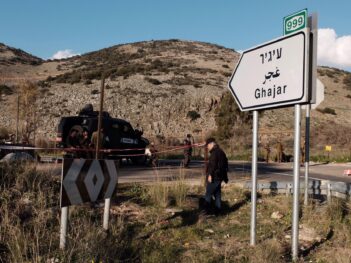
How a Line on a Map Fanned the Flames of a Middle Eastern Conflict
For centuries, Ghajar was a poor, remote village in the Ottoman Empire. But after World War I, French colonial cartographers drew a line on a map that had long-term implications for the villagers. Today, they live in political limbo, their village claimed by Syria and divided between Lebanon and Israel.
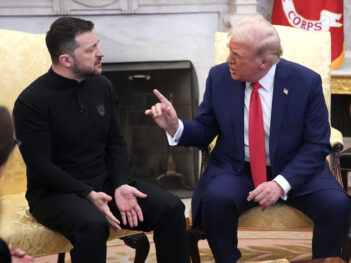
The Humiliation Is the Point
Humiliation has become inextricable from the exercise of U.S. power. It is tempting to attribute this development to Trump alone, but his role as humiliator-in-chief should be understood as part of a dynamic of humiliation and counter-humiliation going back to 9/11 and America’s response to it.